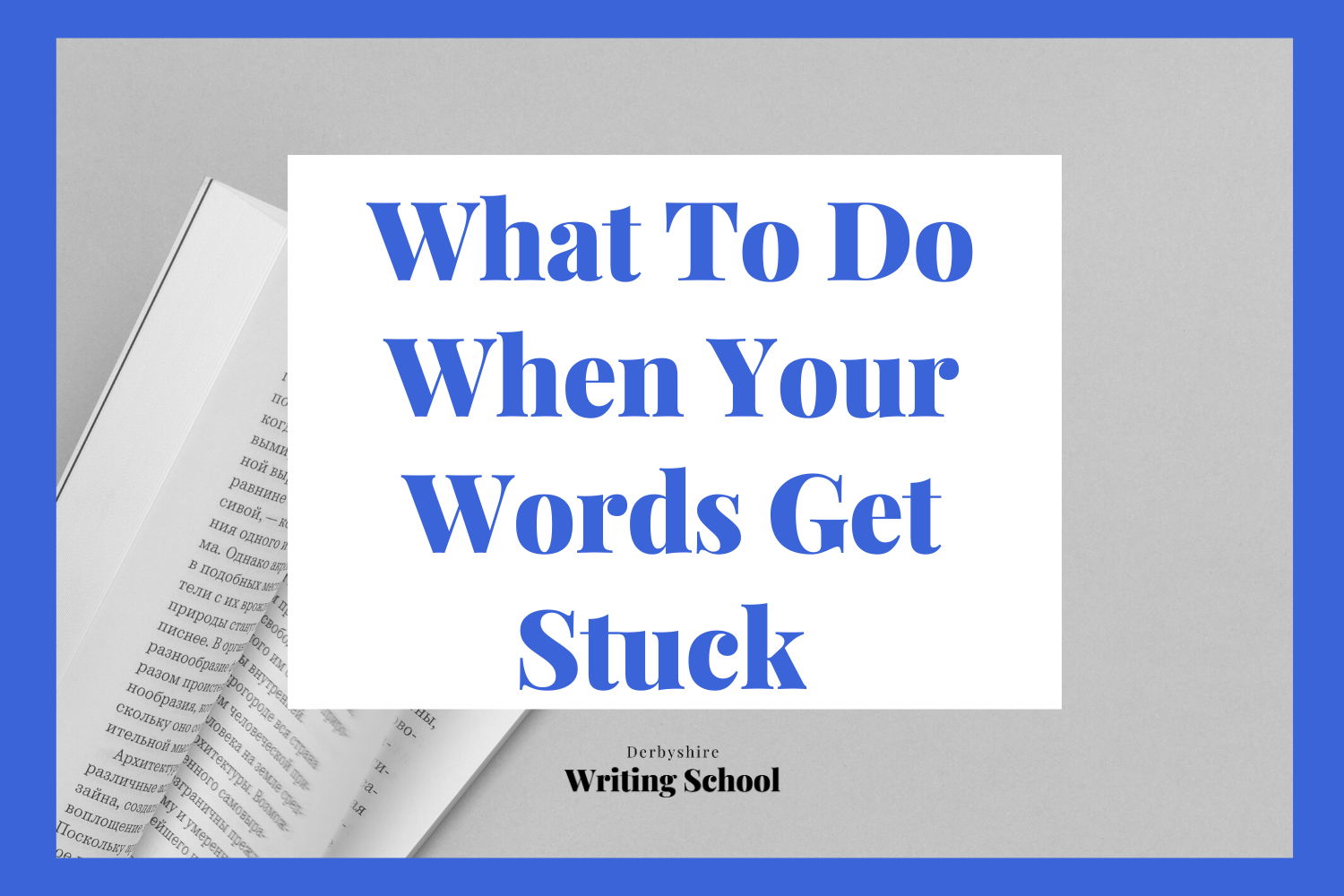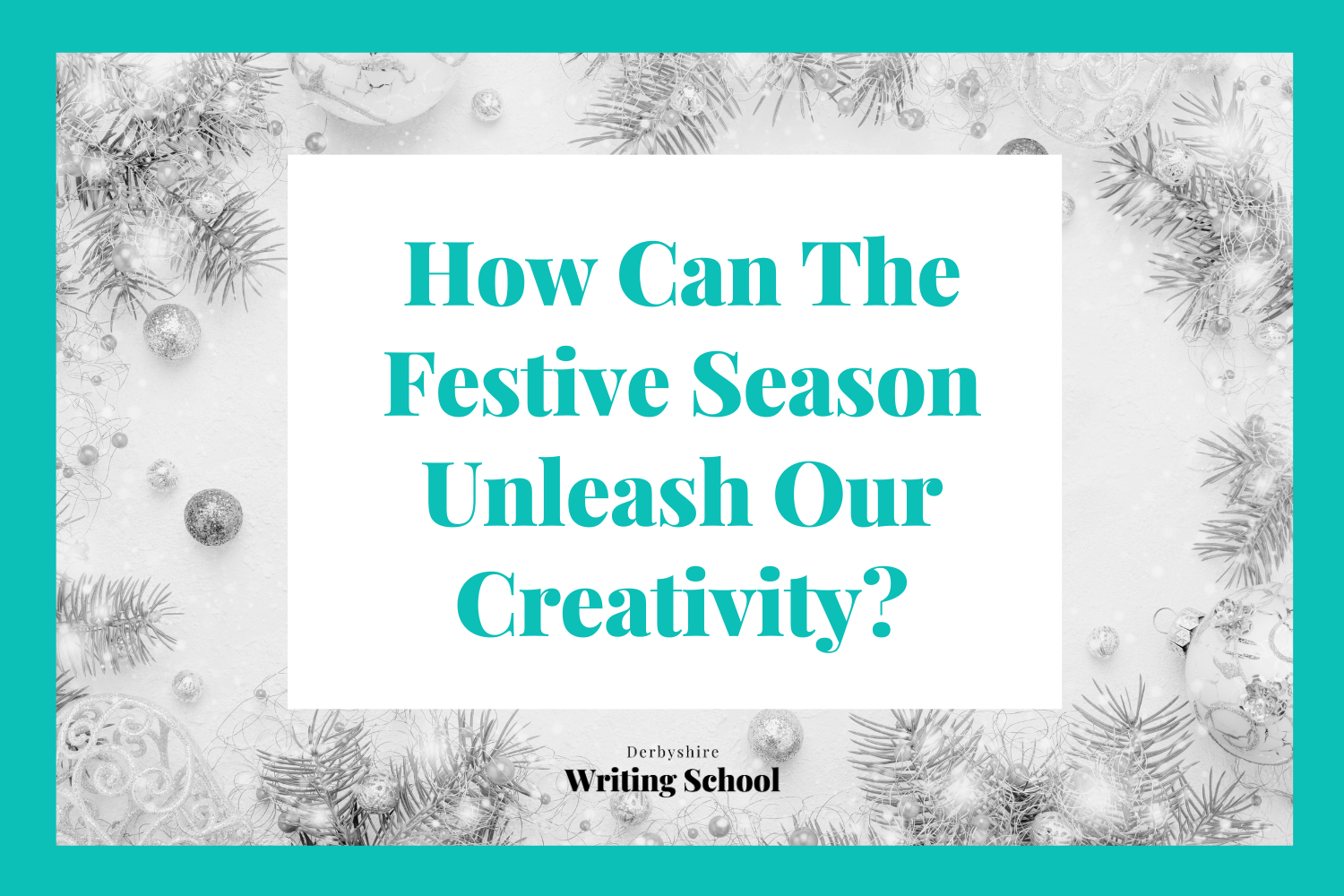What To Do When Your Words Get Stuck
Writer’s block, what is it? And how can you beat it?
Have you ever found yourself staring at a blank page or screen, your ideas are there, but you just can’t get the words out? Maybe you’ve heard tales of the dreaded writer’s block. That terrible time when writers lose the ability to put pen to paper, or fingers to keyboard. But what is it exactly, and how does it really affect writers?
Anyone can be hit with writer’s block, from beginners to professionals, journalists to novelists. It can last anywhere from a few minutes to a few days or even longer. The effects of Writer’s block can be devastating, not only do people fail to reach targets, but feelings of incapability can rise to the surface.
This post aims to help you understand the cause of writer’s block, how to fight back, and how to set yourself up for success. We also run a workshop to help you banish writer’s block for good!
What causes writer’s block?
Unfortunately, there is no single cause for writer’s block and it affects every person differently. But below is a list of common causes and why they can lead to writer’s block.
Burnout.
Burnout is when you are exhausted and mentally or physically drained. It is often caused by stress and pushing yourself too hard.
A distracting environment.
The environment you write in is important. Distractions make it hard for you to focus and can lead to you being unable to write.
Perfectionism.
We all have an inner critic. That little voice that judges your work and pushes you to make it better, but sometimes that voice gets too loud.
Fear and self-doubt.
Like perfectionism, fear and self-doubt come from within. This is one we all struggle with, sometimes we have ideas we want to commit to paper, but we get nagging doubts that no one else will want to read our ideas.
An inconsistent writing routine.
Humans are creatures of habit and routine, but if your routine is inconsistent or unsuitable to meet your needs, it can work against you and stifle your writing. Remember, what works for others may not work for you.
It is important not to dwell on your writer’s block. Getting stuck in a never-ending spiral of thinking and worrying is counterproductive, and you may find it harder to pull yourself out. If you are struggling, then you may benefit from getting help from an outside source.
Looking after your mental and physical self is vital for maintaining your health. When you are mentally and physically well, your writing will flourish and you will be less likely to suffer from writer’s block. Looking after your own well-being is one of the best ways you can beat writer’s block. Sometimes we need a little push to help us write even when we don’t feel like it, other times we just need to practise self-care.
Now we’ve explored writer’s block, it’s time to beat it. We’ve listed even more tools to help.
Top tips for beating writer’s block:
1. Freewriting
Freewriting is an exercise designed to help you break through a mental block. Set a timer for five minutes and start writing. Let everything in your head spill onto the page even if you end up writing a page of ‘I don’t know what to write.’ Just the act of putting pen to paper, or fingers to keyboard and get your writer juices flowing. (If freewriting doesn’t sound like your thing, you can tailor the exercise to suit for. For example, you could find a picture or writing prompt online.)
2. Talking to a friend
Having a friend to talk to can help you work through rough patches. If your friend also writes, this will be even more effective, but any friend willing to listen can help you.
3. Read
To be an excellent writer, you need to be an excellent reader. Reading not only improves your writing but can spark ideas. If you find yourself lost in a story, reading can help you find a way out. We talked about how you can read like a writer on our podcast, you can listen now to find out more.
4. Let your subconsciousness solve it
Sometimes the best thing you can do is to take a step back. Doing something else for a while, take a walk, do some gardening, anything other than writing. While you are busy with writing your subconscious can chip away at your writer’s block.
5. Taking a break
If none of the above tips are helping, then it might be a good idea to take a complete break from writing. Try taking a weekend off from writing and focusing on hobbies or other creative projects. Taking a break can give your mind a chance to clear away the cobwebs and come back refreshed.
You may find some of these tips work don’t work for you and that’s fine. Everybody is different, and our brains work in different ways. Work through the list to see which tips aid you and your writing.
Your Writer’s Toolkit – Practical writing advice, delivered creatively…
Our writing workbooks are for you if:
✅ You want incredible value.
✅ You want practical and creative advice.
✅ You want a step-by-step guide.
✅ You want knowledge now!
Our writing workbooks will help guide you through some of the trickiest of writing challenges. With activities, strategies, and tools, you’ll learn how to take your writing forward and achieve your writing goals.
Can you avoid writer’s block?
All these tips are designed to help you break through your writer’s block, but how can you avoid it in the first place?
One of the best tools you can use to banish writer’s block is creating yourself a writing routine. Having a writing routine is a great way to prevent burnout. Setting aside some time every day to write can help you keep pushing forwards.
As well as having a routine, having a productive writing space will also help you avoid the pitfalls of writer’s block. Find somewhere to write that is quiet and free from distractions.
Finally, give your inner critic the day off. The lure of perfectionism and the voice of self-doubt are perhaps the most destructive to writers. Teaching yourself to write without worrying or looking back embrace the joy of writing and have fun in the process!
This post has been written by Hollie Parkin.












